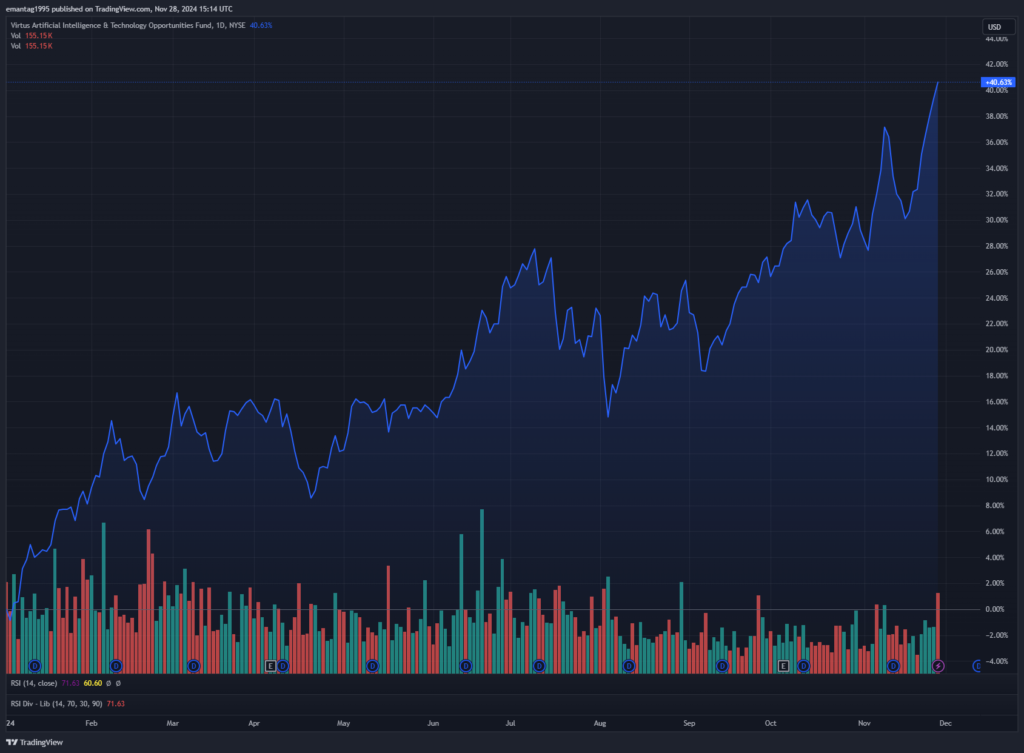OpenAI, the creator of ChatGPT, is making waves with a dramatic shift in its organizational structure, transitioning from its nonprofit roots to a for-profit benefit corporation. This move signals a new era for the AI leader, poised to attract substantial investment but sparking debates over its commitment to ethical AI development.
The transformation means relinquishing oversight by its nonprofit board, a move that aligns OpenAI with competitors like Anthropic and xAI, both operating under the benefit corporation model. This legal framework allows companies to balance profit motives with broader societal goals, aiming to bridge the gap between shareholder returns and ethical missions.

A $150 Billion Valuation on the Horizon?
The restructuring could make OpenAI a magnet for investors by removing caps on returns. Microsoft, already heavily invested in OpenAI, is well-positioned to benefit from this change, especially if the company’s valuation hits its rumored $150 billion mark. To fuel this growth, OpenAI is reportedly preparing for a funding round that could further boost its financial standing.
In a significant shift, CEO Sam Altman is set to receive equity for the first time—potentially a 7% stake, according to Bloomberg. This marks a departure from Altman’s earlier stance of foregoing equity to align with OpenAI’s mission of serving humanity.
From Research Pioneer to AI Powerhouse
OpenAI’s journey from a nonprofit research hub founded in 2015 to a global AI leader has been meteoric. In 2019, the organization created a for-profit subsidiary, OpenAI LP, to support its groundbreaking innovations. However, the nonprofit board retained control, aiming to prioritize the development of safe, beneficial artificial general intelligence (AGI). This latest restructuring diminishes that oversight, sparking concerns among critics about potential mission drift.
Controversies and Legal Challenges
Elon Musk, a co-founder of OpenAI, has been a vocal critic of the company’s trajectory. Musk filed a lawsuit in March alleging that OpenAI’s partnership with Microsoft violated its founding principles of open access to AI advancements. While he withdrew the lawsuit in June, he reinstated it in August, reiterating his concerns about the company’s pivot away from open-source ideals.
Meanwhile, OpenAI’s focus under Altman appears to be shifting toward consumer technology and commercial expansion. This shift has led to a reduced emphasis on AI safety research, which some argue is vital for addressing existential risks posed by advanced AI.
A Pivotal Moment for OpenAI
OpenAI’s evolution is emblematic of the broader tension between rapid technological advancement and ethical responsibility. Will this new chapter propel OpenAI to greater heights while staying true to its mission? Or will it lose sight of its foundational goals in the race for profit? As the AI landscape continues to evolve, all eyes are on OpenAI and its ambitious leap into the for-profit arena.